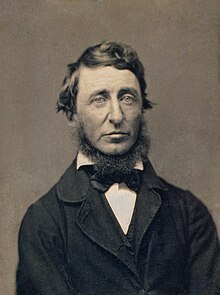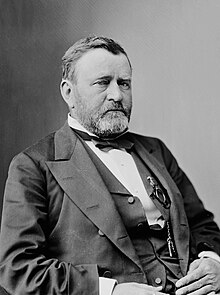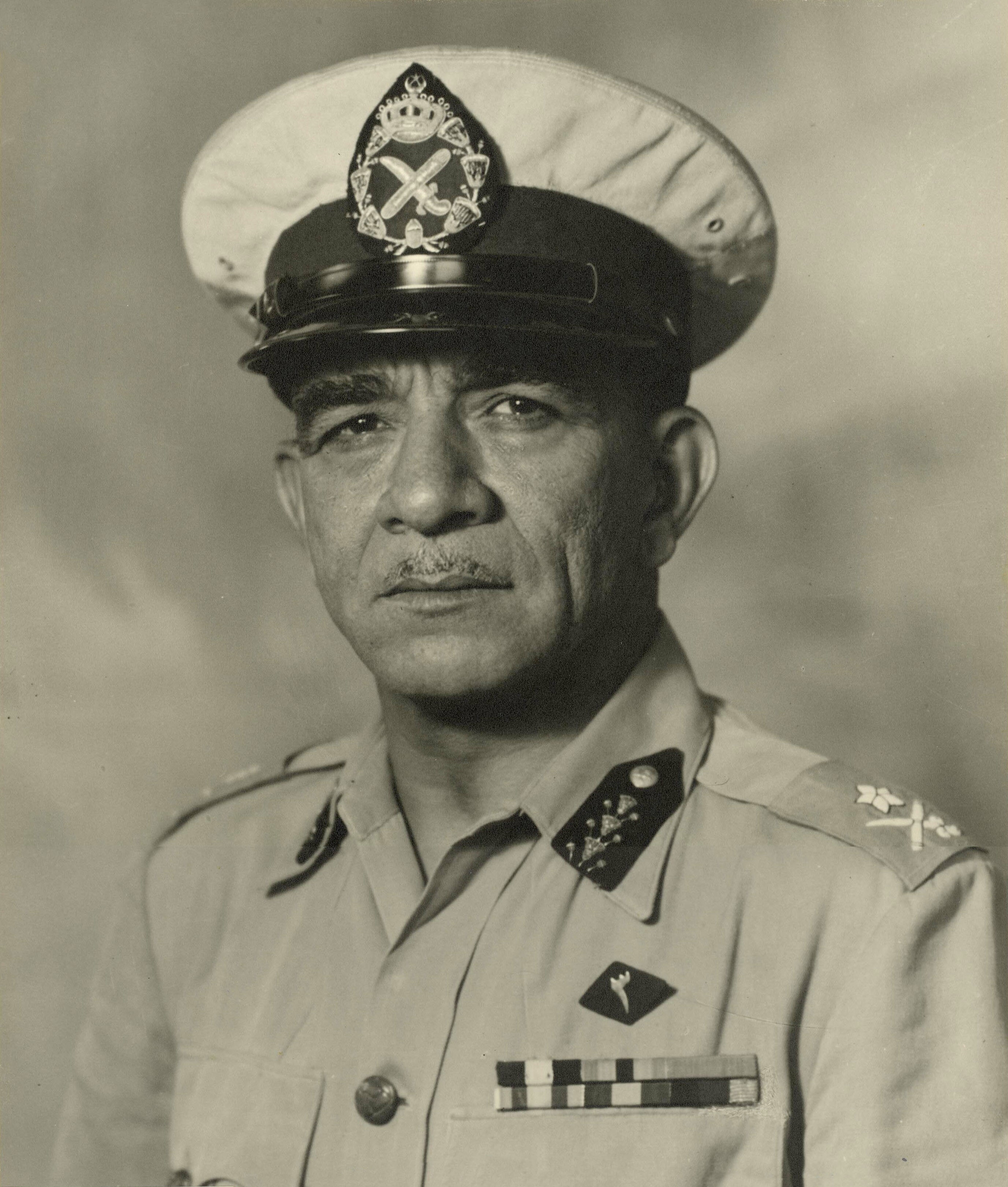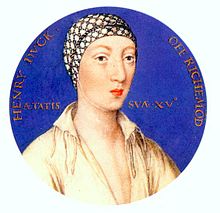
July 23 is the 204th day of the year (205th in leap years) in the Gregorian calendar. There are 161 days remaining until the end of the year.
Holidays
- Birthday of Haile Selassie (Rastafari)
- Children’s Day (Indonesia)
- Christian feast day:
- National Hot Dog Day (United States)
- National Remembrance Day (Papua New Guinea)
- Renaissance Day (Oman)
- Revolution Day (Egypt)
History
In 636, A.D., Arabs gain control of most of Palestine from the Byzantine Empire.
In 811, Byzantine emperor Nikephoros I plunders the Bulgarian capital of Pliska and captures khan Krum‘s treasury.
In 1319, A Knights Hospitaller fleet scores a crushing victory over an Aydinid fleet off Chios.
In 1536, Henry FitzRoy, 1st Duke of Richmond and Somerset, English son of Henry VIII of England (b. 1519) dies with “consumption” (usually identified as tuberculosis, but possibly another serious lung complaint). He was the son of King Henry VIII of England and his mistress Elizabeth Blount, and the only illegitimate offspring whom Henry acknowledged. He was the younger half-brother of Mary I, future Queen of England (daughter of Catherine of Aragon), as well as the older half-brother of the future Elizabeth I (daughter of Anne Boleyn) and Edward VI (son of Jane Seymour). Through his mother he was the elder brother of Elizabeth Tailboys, 4th Baroness Tailboys of Kyme, George Tailboys, 2nd Baron Tailboys of Kyme and Robert Tailboys, 3rd Baron Tailboys of Kyme.
In 1632, Three hundred colonists bound for New France depart from Dieppe, France.
In 1664, Four British ships arrived in Boston, Massachusetts on their way to oust the Dutch from New York.
In 1677, Scanian War: Denmark–Norway captures the harbor town of Marstrand from Sweden.
In 1715, The first lighthouse in America was authorized for construction at Little Brewster Island, Massachusetts.+
In 1756, John Campbell arrived in the American colonies to lead the British forces against the French.

In 1764, Boston lawyer James Otis, Jr. published The Rights of the British Colonies Asserted and Proved, which asserts view on taxation without representation.
In 1793, Kingdom of Prussia re-conquers Mainz from France.
In 1821, While the Mora Rebellion continues, Greeks capture Monemvasia Castle. Turkish troops and citizens are transferred to Minor Asia coasts.
In 1829, In the United States, William Austin Burt patents the typographer, a precursor to the typewriter.
In 1833, Cornerstones are laid for the construction of the Kirtland Temple in Kirtland, Ohio.
In 1840, The Province of Canada is created by the Act of Union.
In 1841, the Bunker Hill Monument is completed.

In 1846, Philosopher and poet Henry David Thoreau protested the Mexican War and slavery and in showing his displeasure, he was jailed for refusing to pay a one-dollar poll tax. He once said “‘That government is best which governs not at all;’ and when men are prepared for it, that will be the kind of government which they will have.”
In 1851, The Sioux Indians and the U.S. government sign the Treaty of Traverse des Sioux.
In 1862, American Civil War: Henry Halleck takes command of the Union Army.
In 1874, Aires de Ornelas e Vasconcelos is appointed the Archbishop of the Portuguese colonial enclave of Goa, India.
In 1881, The Boundary treaty of 1881 between Chile and Argentina is signed in Buenos Aires.

In 1885, Ulysses S. Grant, American general and politician, 18th President of the United States (b. 1822) dies. He was the 18th President of the United States (1869–1877). As commanding general, Grant led the Union Armies to victory over the Confederacy in the American Civil War, which ended in 1865 not long after Robert E. Lee surrendered to him at Appomattox. After the war, Grant served as peace time general, implementing Congressional Reconstruction, often at odds with President Andrew Johnson. Popularly elected twice, Grant served as president leading the Radical Republicans in their effort to remove the vestiges of Confederate nationalism and slavery, protect African-American citizenship, and defeat the Ku Klux Klan. Economically, Grant sponsored a deflationary policy and implemented a national gold standard. In foreign policy, Grant sought to increase American trade and influence, while remaining at peace with the world. During his second term the Panic of 1873 devastated the national economy, gold discovered in the Black Hills launched the Great Sioux War, while conservative white Southerners regained control of Southern state governments and Democrats took control of the federal House of Representatives. By the time Grant left the White House in 1877, his Reconstruction policies were being undone.

In 1886, New York saloonkeeper Steve Brodie supposedly made a daredevil plunge from the Brooklyn Bridge into the East River, a claim supported and disputed by many. The supposed jump, of which the veracity was disputed, gave Brodie publicity, a thriving saloon and a career as a performer. Brodie’s fame persisted long past his death, with Brodie portrayed in films and with the slang term “Brodie”—as in to “do a Brodie”—entering the language, meaning to take a chance or a leap, specifically a suicidal one. The bridge, then known as the East River Bridge, had opened just three years before Brodie’s claimed jump. A swimming instructor from Washington, D.C. named Robert Emmet Odlum, the brother of women’s rights activist Charlotte Odlum Smith, was killed while attempting the same stunt in May 1885.
In 1886, according to the Tonight Show, Gottlieb Daimler invents the car; the next day, his son utters the words “Are we there yet?”
In 1888, the statue of Moses Cleaveland is unveiled on Public Square.
In 1903, In Detroit, the Ford Motor Company sells its first car. The Ford Model A features a twin-cylinder internal combustion engine designed and manufactured by a little-known Michigan machinist, Henry Ford.
In 1908, The Second Constitution accepted by the Ottomans.
In 1914, Austria-Hungary issues a series of demands in an ultimatum to the Kingdom of Serbia demanding Serbia to allow the Austrians to determine who assassinated Archduke Franz Ferdinand. Serbia accepts all but one of those demands and Austria declares war on July 28.
In 1916, William Ramsay, Scottish chemist, Nobel Prize laureate (b. 1852) dies. He was a Scottish chemist who discovered the noble gases and received the Nobel Prize in Chemistry in 1904 “in recognition of his services in the discovery of the inert gaseous elements in air” (along with his collaborator, Lord Rayleigh, who received the Nobel Prize in Physics that same year for their discovery of argon). After the two men identified argon, Ramsay investigated other atmospheric gases. His work in isolating argon, helium, neon, krypton and xenon led to the development of a new section of the periodic table.
In 1920, British East Africa is renamed Kenya.
In 1926, Fox Film buys the patents of the Movietone sound system for recording sound onto film.
In 1927, The first station of the Indian Broadcasting Company goes on the air in Bombay.
In 1929, The Fascist government in Italy bans the use of foreign words.
In 1930, Glenn Curtiss, American pilot and engineer (b. 1878) suffered an attack of appendicitis in court. He died July 23, 1930 in Buffalo, New York of complications from an appendectomy. He was an American aviation pioneer and a founder of the U.S. aircraft industry. He began his career as a bicycle racer and builder before moving on to motorcycles. As early as 1904, he began to manufacture engines for airships. In 1908 Curtiss joined the Aerial Experiment Association (AEA), a pioneering research group, founded by Alexander Graham Bell at Beinn Bhreagh, Nova Scotia to build flying machines. Curtiss made the first officially witnessed flight in North America, won a race at the world’s first international air meet in France, and made the first long-distance flight in the United States. His contributions in designing and building aircraft led to the formation of the Curtiss Aeroplane and Motor Company, now part of Curtiss-Wright Corporation. His company built aircraft for the U.S. Army and Navy, and, during the years leading up to World War I, his experiments with seaplanes led to advances in naval aviation. Curtiss civil and military aircraft were predominant in the inter-war and World War II eras.
In 1934, The comic strip “Betty Boop” debut. The Betty Boop comic strip by Bud Counihan (assisted by Fleischer staffer Hal Seeger) was distributed by King Features Syndicate from 1934 to 1937. From 1984 to 1988, a revival strip with Felix the Cat, Betty Boop and Felix, was produced by Mort Walker‘s sons Brian, Neal, Greg, and Morgan. In 1990, First Comics published Betty Boop’s Big Break, a 52-page original graphic novel by Joshua Quagmire, Milton Knight, and Leslie Cabarga.

In 1936, In Catalonia, Spain, the Unified Socialist Party of Catalonia is founded through the merger of Socialist and Communist parties.
In 1940, The United States’ Under Secretary of State Sumner Welles issues a declaration on the U.S. non-recognition policy of the Soviet annexation and incorporation of three Baltic states: Estonia, Latvia and Lithuania.
In 1940, “Blitz” all-night air raid by German bombers on London begins.
In 1942, The Holocaust: The Treblinka extermination camp is opened.
In 1942, World War II: The German offensives Operation Edelweiss and Operation Braunschweig begin. Hitler’s Directive #45: order to occupy Stalingrad.
In 1942, Bulgarian poet and Communist leader Nikola Vaptsarov is executed by firing squad.
In 1943, The Rayleigh bath chair murder occurred in Rayleigh, Essex, England.
In 1943, World War II: The British destroyers HMS Eclipse and HMS Laforey sink the Italian submarine Ascianghi in the Mediterranean after she torpedoes the cruiser HMS Newfoundland.
In 1943, Battle of Kursk, USSR ends in Nazi defeat (6,000 tanks). This led to one of the largest armoured clashes in history, the Battle of Prokhorovka. The German offensive was countered by two Soviet counter offensives, Operation Polkovodets Rumyantsev (Russian: Полководец Румянцев) and Operation Kutuzov (Russian: Кутузов). For the Germans, the battle represented the final strategic offensive they were able to mount in the east. For the Soviets, the decisive victory gave the Red Army the strategic initiative for the rest of the war.
In 1944, Majdanek near Lublin, Poland becomes the first Nazi death camp liberated by the Allies (Russians). It was a Nazi concentration and extermination camp established on the outskirts of the city of Lublin during the German occupation of Poland in World War II. Although initially purposed for forced labor rather than extermination, the camp was used to kill people on an industrial scale during Operation Reinhard, the German plan to murder all Jews within their General Government territory of Poland.
In 1944, US forces invade Japanese-held Tinian in WW II. The island was seized by the Allies during the Battle of Tinian .
In 1945, The post-war legal processes against Philippe Pétain begin.
In 1951, French Marshal Henri Petain, who had headed the Vichy government during World War II, went on trial in 1945, charged with treason. He was condemned to death, but his sentence was commuted. On this date in 1951, Petain died in prison. Because of his outstanding military leadership in World War I, particularly during the Battle of Verdun, he was viewed as a national hero in France. With the imminent fall of France in June 1940, Pétain was appointed Premier of France by President Lebrun at Bordeaux, and the Cabinet resolved to make peace with Germany. The entire government subsequently moved briefly to Clermont-Ferrand, then to the spa town of Vichy in central France. His government voted to transform the discredited French Third Republic into the French State, an authoritarian regime.
In 1952, The European Coal and Steel Community is established.

In 1952, General Muhammad Naguib leads the Free Officers Movement (formed by Gamal Abdel Nasser, the real power behind the coup) in overthrowing King Farouk of Egypt.
In 1961, The Sandinista National Liberation Front is founded in Nicaragua.
In 1962, Telstar relays the first publicly transmitted, live trans-Atlantic television program, featuring Walter Cronkite.
In 1962, The International Agreement on the Neutrality of Laos is signed.
In 1967, 12th Street Riot: In Detroit, Michigan, one of the worst riots in United States history begins on 12th Street in the predominantly African American inner city. It ultimately kills 43 people, injures 342 and burns about 1,400 buildings.
In 1968, Glenville Shootout: In Cleveland, Ohio, a violent shootout between a Black Militant organization led by Ahmed Evans and the Cleveland Police Department occurs. During the shootout, a riot begins and lasts for five days.
In 1968, The only successful hijacking of an El Al aircraft takes place when a Boeing 707 carrying ten crew and 38 passengers is taken over by three members of the Popular Front for the Liberation of Palestine. The aircraft was en route from Rome, Italy, to Lod, Israel.
In 1970, Qaboos bin Said al Said becomes Sultan of Oman after overthrowing his father, Said bin Taimur initiating massive reforms, modernization programs and end to a decade long civil war.
In 1972, The United States launches Landsat 1, the first Earth-resources satellite.
In 1973, Nixon refuses to release tapes of White House conversations relevant to Watergate.
In 1974, The Greek military junta collapses, and former Prime Minister Konstantinos Karamanlis is invited to lead the new government, beginning Greece’s metapolitefsi era.
In 1980, Billy Carter admits to being paid by Libya.
In 1982, The International Whaling Commission decides to end commercial whaling by 1985-86.
In 1982, Diet Coke was introduced.
In 1983, 13 Sri Lanka Army soldiers are killed after a deadly ambush by the militant Liberation Tigers of Tamil Eelam.
In 1983, Gimli Glider: Air Canada Flight 143 runs out of fuel and makes a deadstick landing at Gimli, Manitoba.
In 1984, Vanessa Williams becomes the first Miss America to resign when she surrenders her crown after nude photos of her appeared in Penthouse magazine.
In 1986, In London, England, Prince Andrew, Duke of York marries Sarah Ferguson at Westminster Abbey.
In 1986, An Orange County Superior Court orders Disneyland to pay $600,000 to the family of Mel Yorba, who was murdered at the park in 1981. The jury found park officials negligent in their treatment of the injured youth.
In 1988, General Ne Win, effective ruler of Burma since 1962, resigns after pro-democracy protests.
In 1990, President Bush announced his choice of Judge David Souter of New Hampshire to succeed retiring Justice William J. Brennan on the U.S. Supreme Court.
In 1991, the United States Senate votes to curb trade with the communist nation of China in order to force the release of some political prisoners.
In 1991, the Senate voted to impose a long list of strict new conditions on renewal of China’s normal trade status in 1992 — however, the 55-to-44 vote fell short of the two-thirds majority later needed to override President Bush’s veto.
In 1991, the Soviet government applied for full membership to the IMF and World Bank after the Group of Seven recommended a limited “special association” for the USSR.
In 1992, A Vatican commission, led by Joseph Ratzinger, establishes that limiting certain rights of homosexual people and non-married couples is not equivalent to discrimination on grounds of race or gender.
In 1992, Abkhazia declares independence from Georgia.
In 1993, Agdam was occupied by Armenian separatists.
In 1993, White House deputy counsel Vincent W. Foster Junior was buried near Hope, Arkansas, three days after taking his own life in a Virginia park.
In 1995, Comet Hale–Bopp is discovered; it becomes visible to the naked eye on Earth nearly a year later.
In 1997, Digital Equipment Corporation files antitrust charges against chipmaker Intel.
In 1998, a second grand jury impaneled by independent counsel Kenneth Starr began hearing testimony about President Clinton’s alleged affair with former White House intern Monica Lewinsky.
In 1999, Crown Prince Mohammed Ben Al-Hassan is crowned King Mohammed VI of Morocco on the death of his father.
In 1999, Members of the Kennedy family gathered in New York City for a private memorial Mass a week after John F. Kennedy Junior, his wife, Carolyn, and her sister, Lauren Bessette, died in a plane crash off Martha’s Vineyard.
In 1999, ANA Flight 61 is hijacked in Tokyo, Japan by Yuji Nishizawa.
In 2005, Three bombs explode in the Naama Bay area of Sharm el-Sheikh, Egypt, killing 88 people.
In 2012, At least 107 people are killed and more than 250 others wounded in a string of bombings and attacks in Iraq.
In 2015, NASA announces discovery of Kepler-452b by Kepler.
In 2016, Kabul twin bombing occurred in the vicinity of Deh Mazang when protesters, mostly from the Shiite Hazara minority, were marching against route changing of the TUTAP power project. At least 80 people were killed and 260 were injured.




